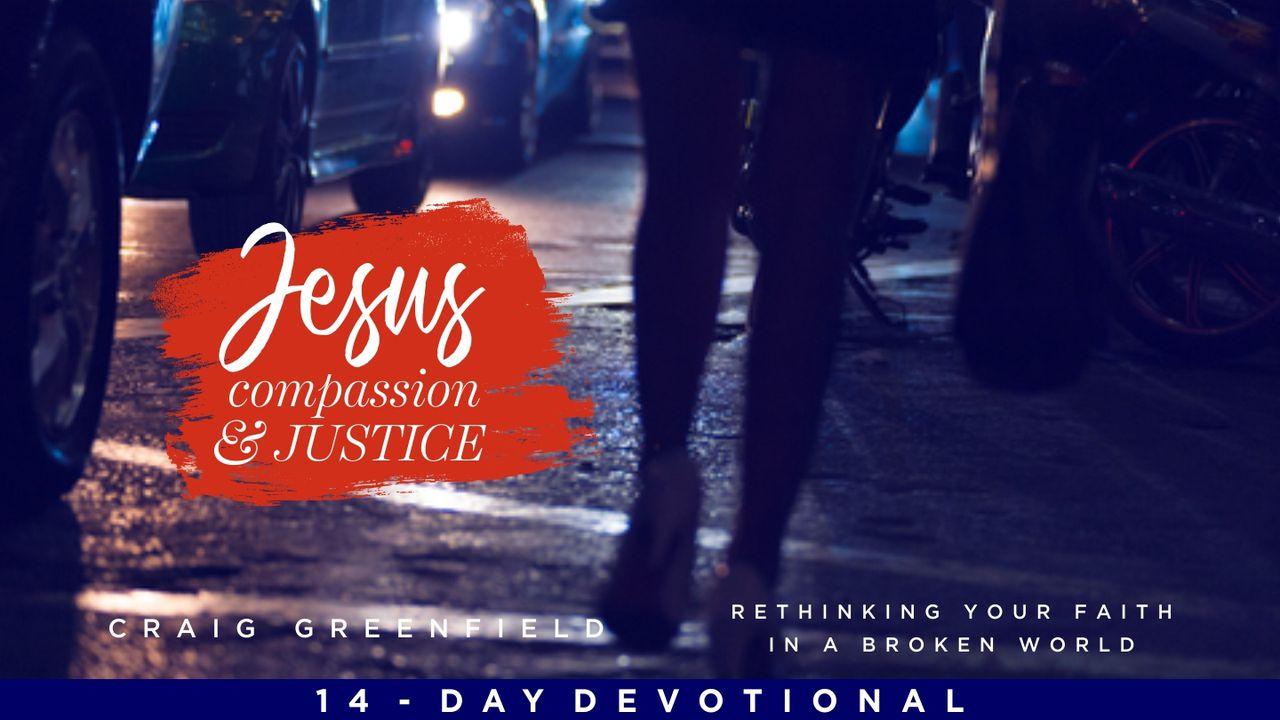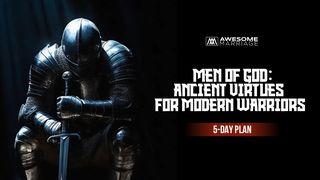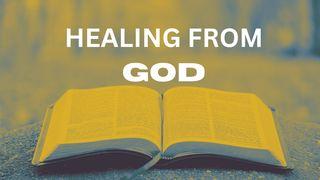Jesus, Compassion And JusticeSample

Returning To Grace
My friend Sam is too young and unstable to have a kid. Now she’s pregnant. She is with a guy who drinks and gambles when he gets money. She dropped out of high school, and her job prospects are not rosy. . . .But is it fair to say that Sam’s poverty is the direct result of her bad choices?
Because I know her well, I know the bigger story of Sam’s life. I can understand why she made each of those choices, even though I would have urged her to choose differently.
Orphaned at 12, she became the head of the family, with two younger siblings to care for. Through her teenage years she never had a father figure to give her that guidance or fatherly love that she desired. So is it a surprise that when a young man came along and offered the intimacy and potential support Sam had never had, she leapt at the chance, and is reluctant to leave even though he is far from an ideal partner?
With no-one to provide for the family, is it a surprise she chose to drop out of school and work, even though it means that she will never rise above menial labor?
With no education, no financial back up and the possibility of going hungry, is it any wonder that she is averse to entrepreneurial risk?
These “choices” make a lot more sense in the context of her life. They are choices my own daughter, raised in a loving, educated, privileged family will be unlikely to make…
Recognizing my own privilege was crucial before I could begin to understand the poverty of others. That’s why Jesus encourages us to examine ourselves before we judge anyone else (Luke 6:42).
And there are other important factors. Systemic injustice in Cambodia means the corrupt government provides no safety net to orphans like Sam. There was no way to stay in school (a broken and corrupt system anyway) and still support her siblings.
When Jesus encounters an impoverished disabled man in the gospel of John (9:1-6), his disciples were fixated on figuring out whether it was his own sin or that of his parents that led to his condition. They want to pin the blame for his situation on someone’s bad choices. But Jesus refuses to play that game, saying, “It was neither this man’s sin nor his parents that led to his blindness.”
Instead, Jesus blesses and heals the man.
Yes there is individual sin and poor decision-making. Yes there is addiction and abuse and stupidity. But we who are raised in privilege are no more virtuous because we have been handed more tools and resources to deal with the things life throws at us. Sometimes what looks like “choice” is really the only way forward a struggling person can see. Doesn’t make it right, but it makes it understandable.
May your response to those struggling in poverty and injustice today, be the same as that of Jesus – full of grace.
Scripture
About this Plan

In this 14 day Bible plan, I want to show you a side of Jesus that we have often been scared to embrace, the Jesus who sends tables and chairs crashing over because he is gripped by a passion to interrupt injustice. The Jesus who parties late at night with the wrong crowd because he is so radically welcoming of those at the bottom of the heap. This is the Jesus who loves justice and compassion.
More
We would like to thank Craigasaurus Greenfield for providing this plan. For more information, please visit: http://www.craiggreenfield.com/
Related Plans

Men of God: Ancient Virtues for Modern Warriors

Islands, Tides, and the Deep: A Marriage Message From the Sea

Be Still and Know: 7 Days to Recenter Your Heart on God

Be Ye Holy: The Holy Spirit's Role in Our Lives

Alive and on Fire - a Video Devo With Illusionist, Dustin Tavella

Overcoming Suffering

Living With a Strong-Willed Child

Unmasking Narcissism

From Acceptance to Approval: Living a Life That Pleases the Father
